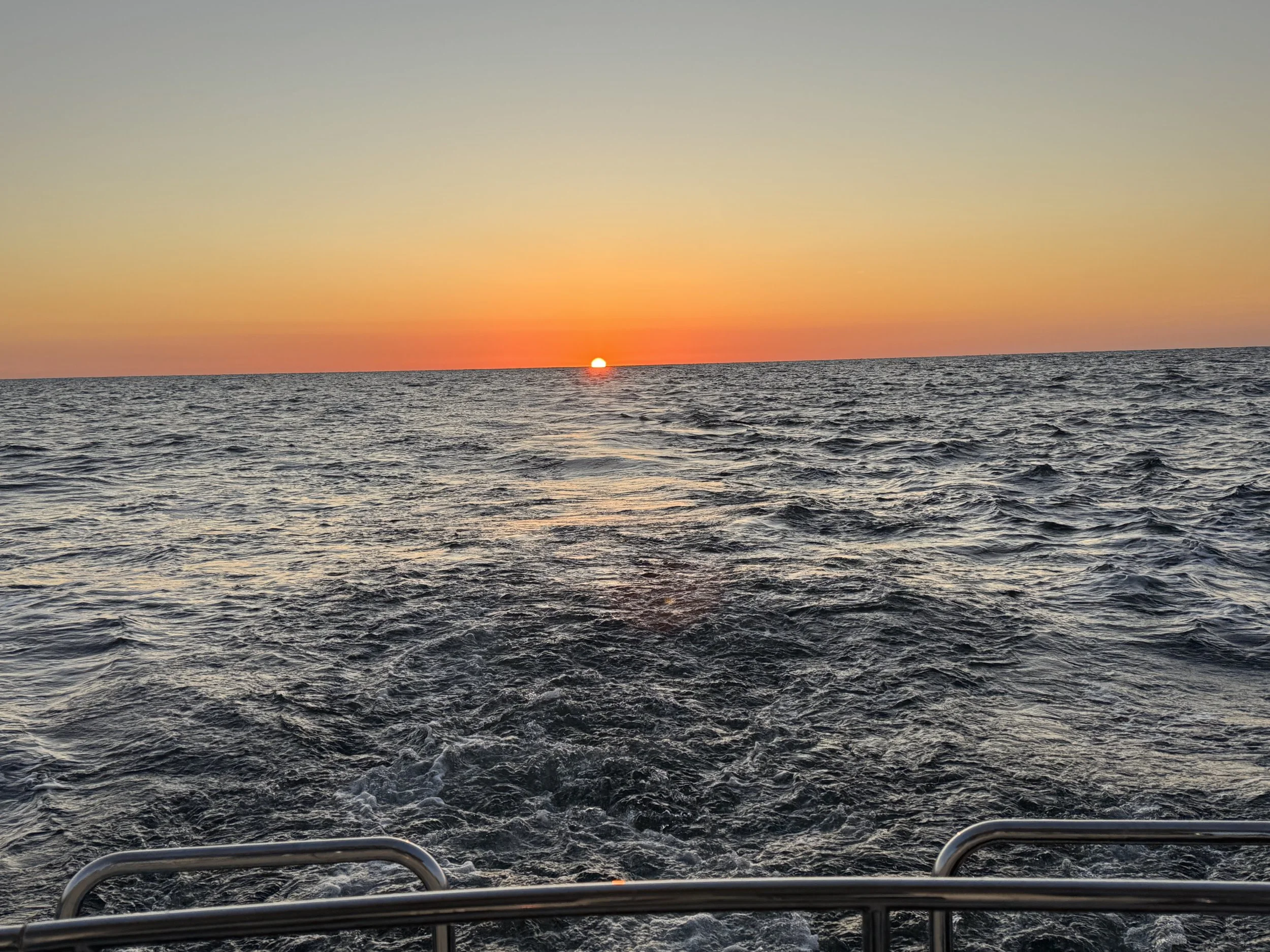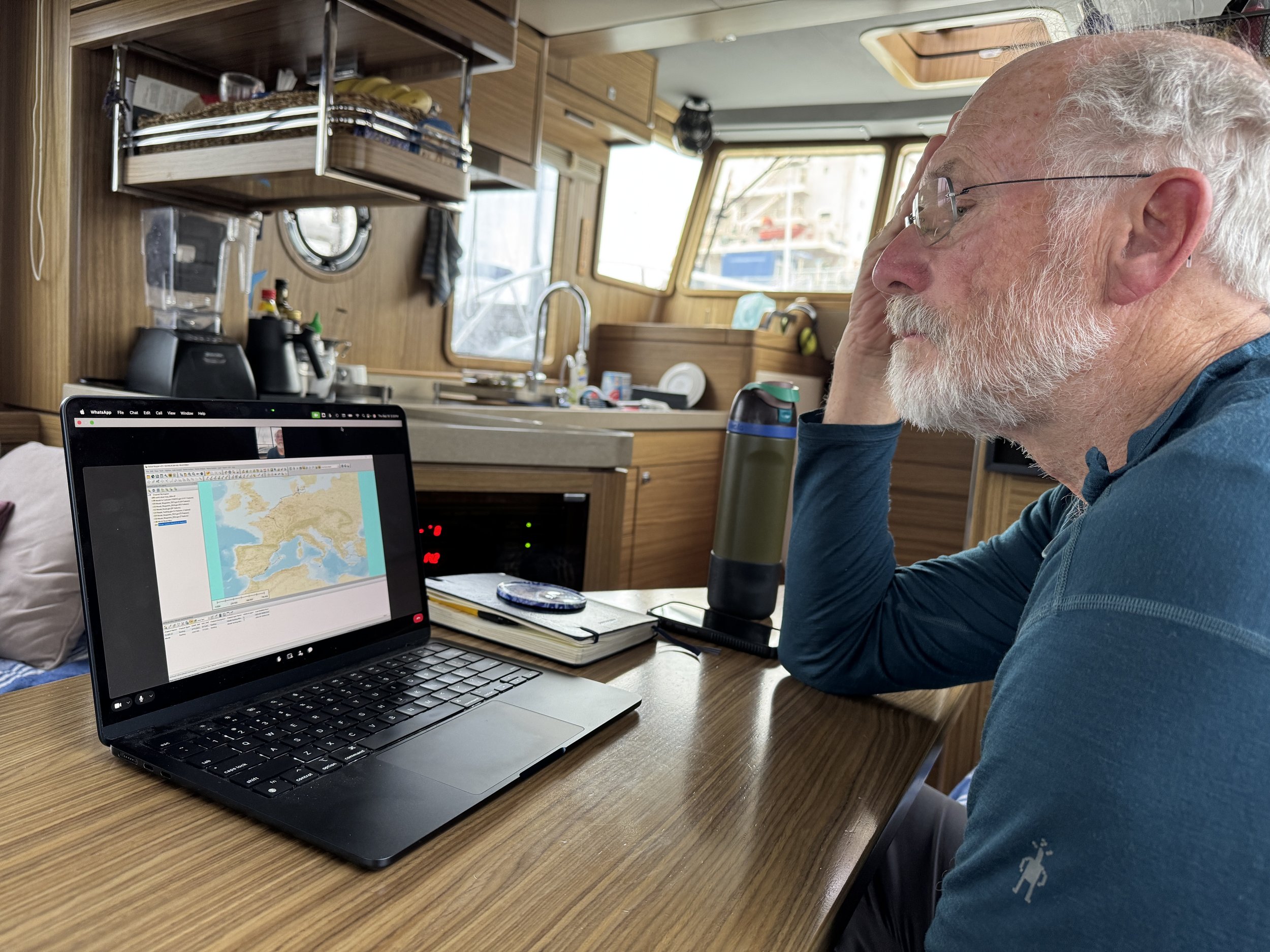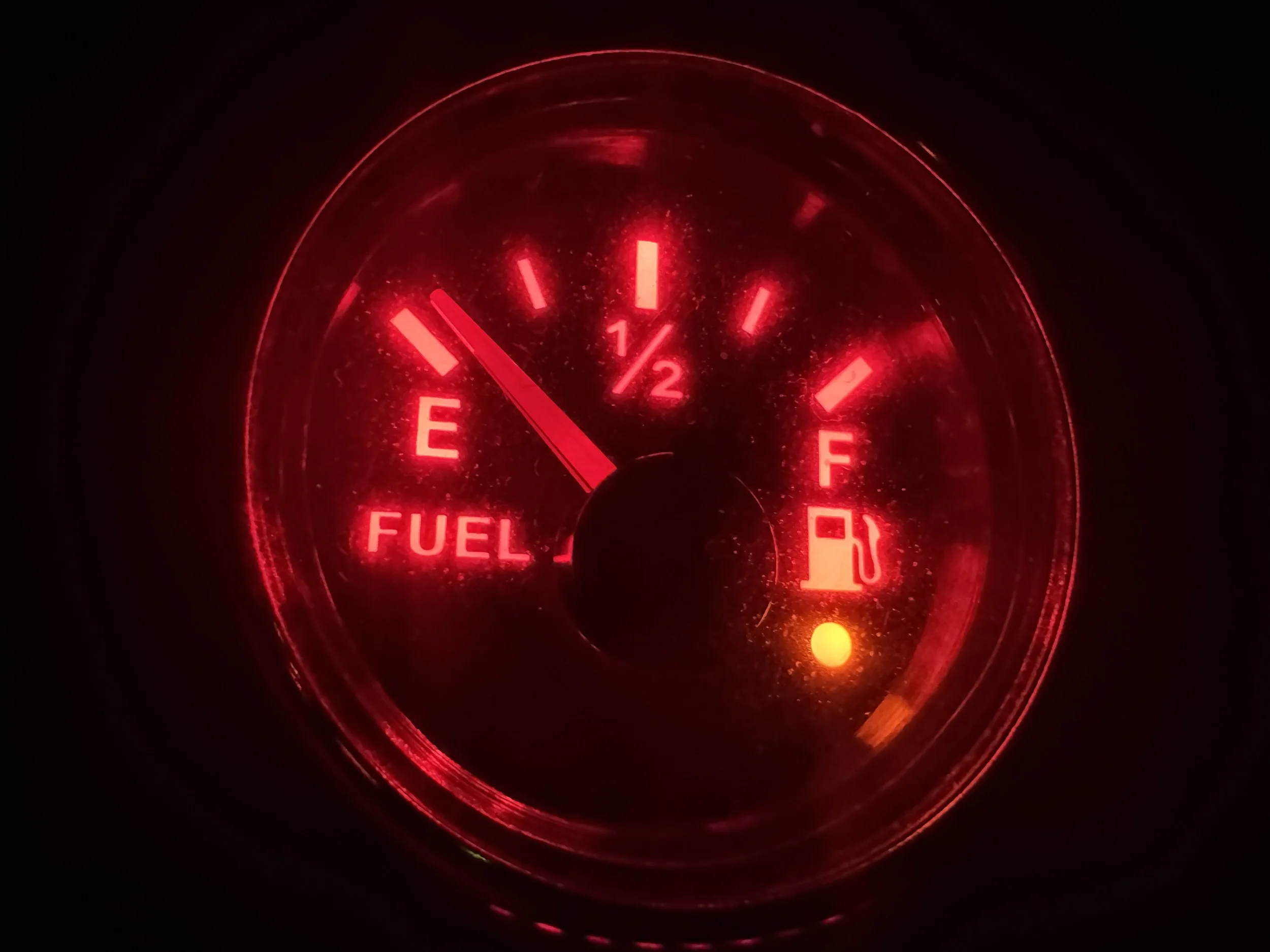Tough Decisions
We had a lovely evening on anchor on the north coast of Germany. It was looking as though we had one more good cruising day before the first of several autumn storms came barreling in. We would need to find a safe haven for several days to ride it out.
Our ultimate goal is to get to the UK where we’ll leave Meraki for the winter. But the North Sea changes radically this time of year - transitioning from the calmer summer conditions to extremely challenging and dangerously severe weather in winter. The shoulder season is unpredictable with choppy water, high winds and more frequent storms.
Given the successive fronts on the horizon, after repeatedly checking forecasts, monitoring changing conditions, wind speed and wave heights, we decided it made sense to push hard while the weather holds. We guesstimated it would take about 18 hours to get across the Jutland peninsula from the Baltic Sea on the southeast side to the North Sea on the west. And we would need to consider the direction of the tide and current on the Elbe River on the other end. Lastly, because we prefer to arrive in new places during daylight, we came to the unwelcome conclusion that we would need to depart our lovely anchorage at 2:30am!
It took mere minutes to pull the anchor in my pjs and set off in the darkness with a third quarter moon reflecting off the calm water. Our low fuel light came on minutes later but we were confident we’d enough to get us to Cuxhaven where we knew there was a fuel dock. The sky slowly turned from black to grey, and we enjoyed a mellow passage until we arrived in the Kiel fjord. It was still fairly dark and the flood of lights from shore, the lighthouses and buoys, and the countless vessels approaching the canal was quite intimidating. We had hoped to be at the Kiel-Holtenau locks by sun up and we’d timed it quite well. Dawn broke as we waited in the holding area outside the lock entrance. It was about 25 minutes before the standing lights changed and we were permitted to enter. This time I knew what to expect and had all the lines and fenders prepared and ready to go. We locked down with three cargo ships, a survey boat and two sailing yachts.

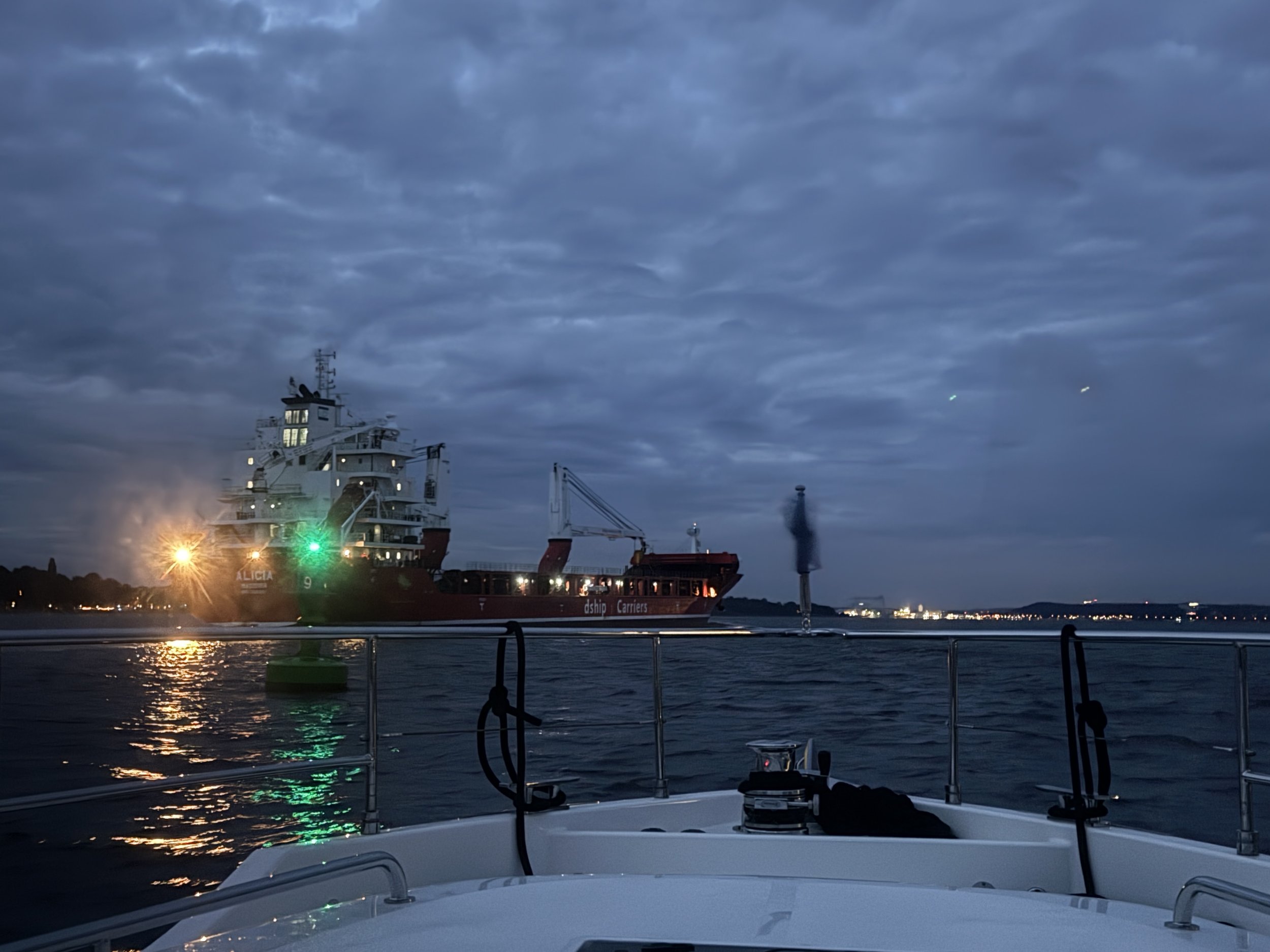



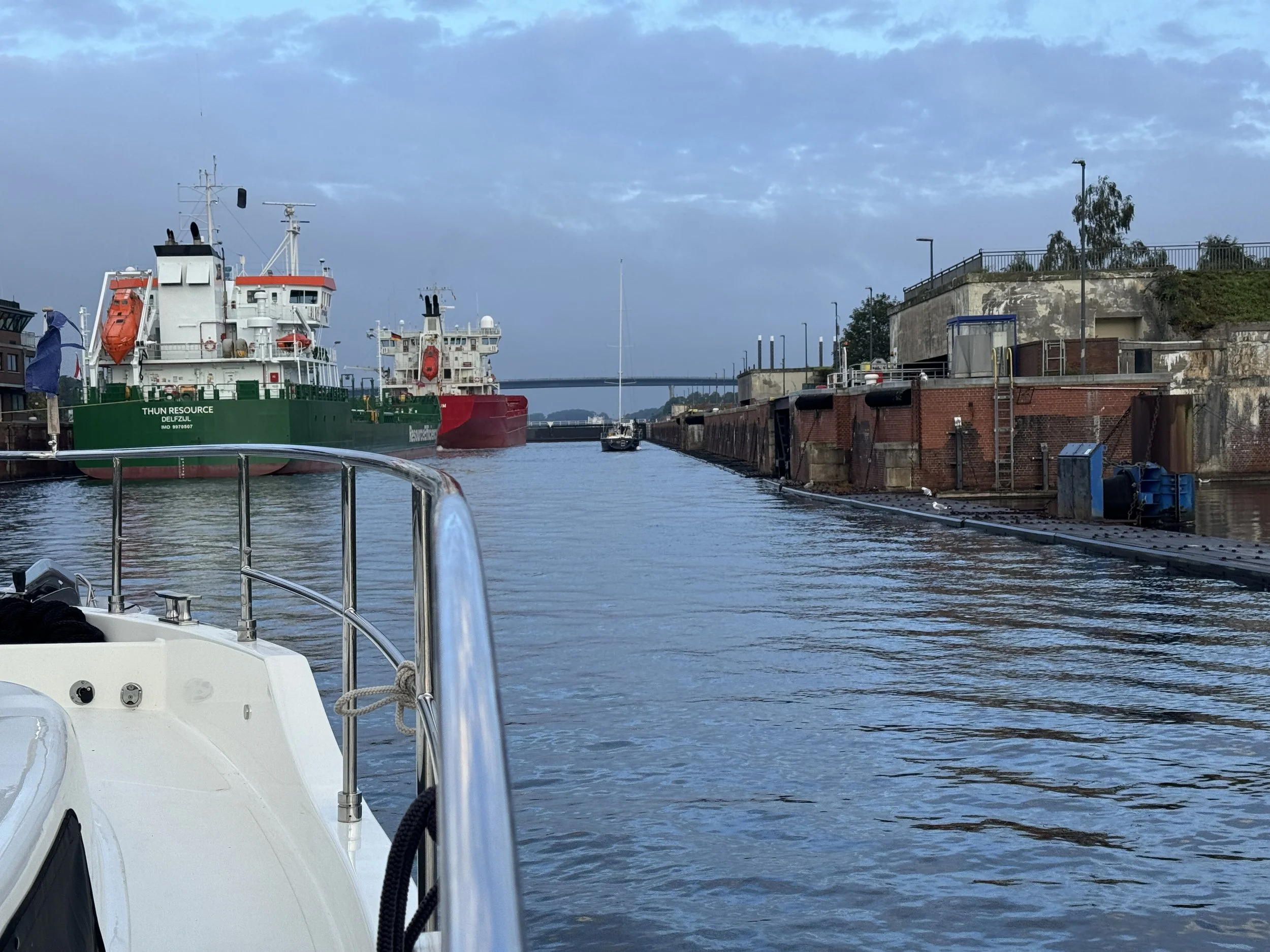




So far our plan was working. We tooled along the canal intent on transiting its entire length and out onto to the Elbe River where we would catch the outgoing tide, cross the shipping lanes and arrive in Cuxhaven marina before sundown. Our plan became increasingly fraught however, as there were so many oncoming cargo ships that all traffic came to a complete halt whenever they needed to pass one another. We ended up stuck behind three commercial vessels (recreational boats are not permitted to pass them), often having to stop and wait for more than 30 minutes. About two-thirds of the way along, approximately 40 miles in, all three ships pulled into a siding area and we were allowed to pass. We may have exceeded the speed limit on the remainder of the canal - I can’t say for certain, but we arrived at the exit lock around 4pm. There were no other boats waiting and in no time at all we were in the lock, the water rose slowly (well over two meters) and we were out on the other side. It was now 5pm and in the middle of the flood tide in the river estuary - not ideal. We motored down the River Elbe directly into the sinking sun as the banks grew wide and the delta shallowed. The tidal current pushed hard against us and it took three hours to get to the mouth of the river where we crossed the shipping lanes and into Cuxhaven Marina during the last light of the day.

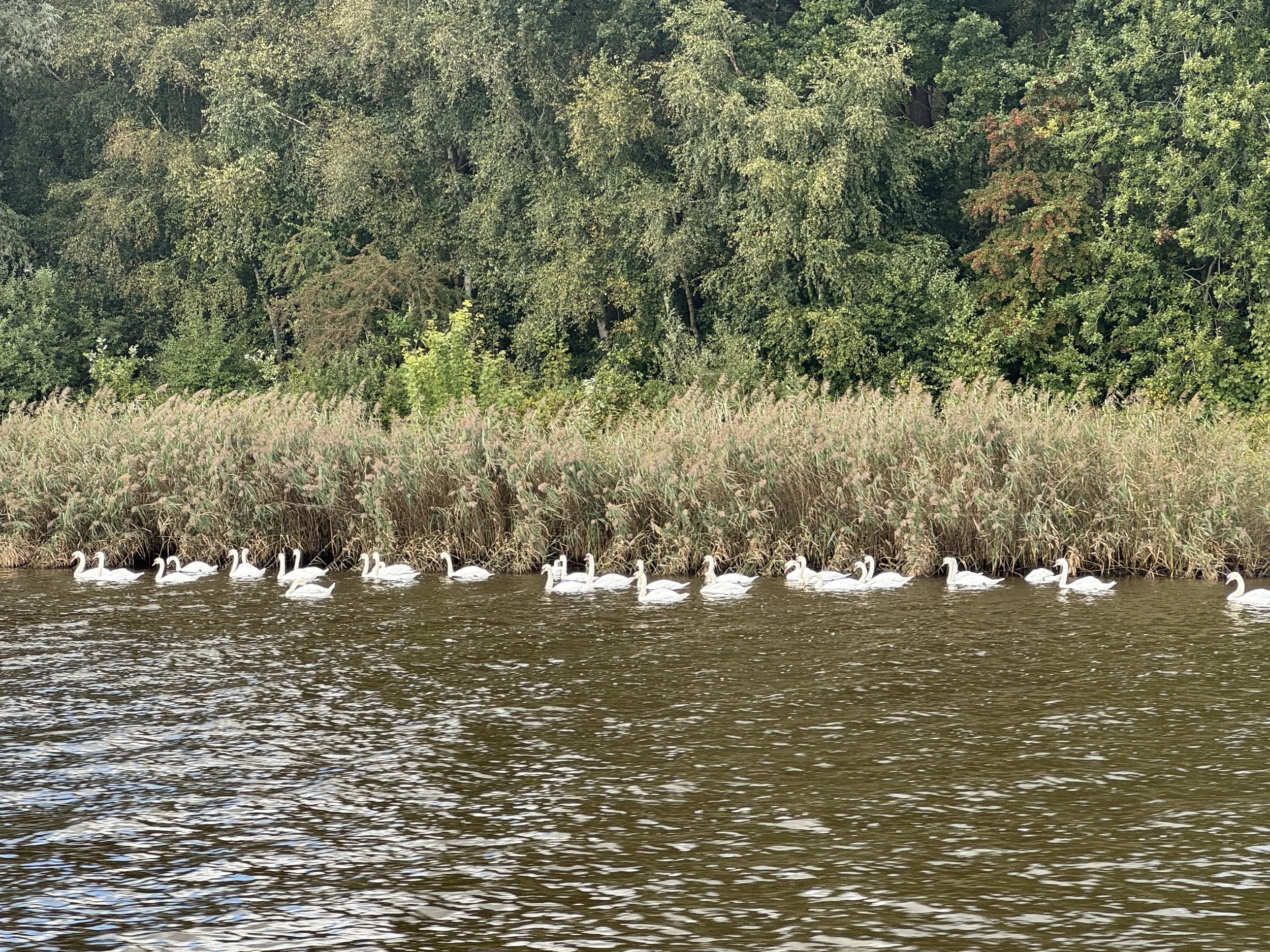
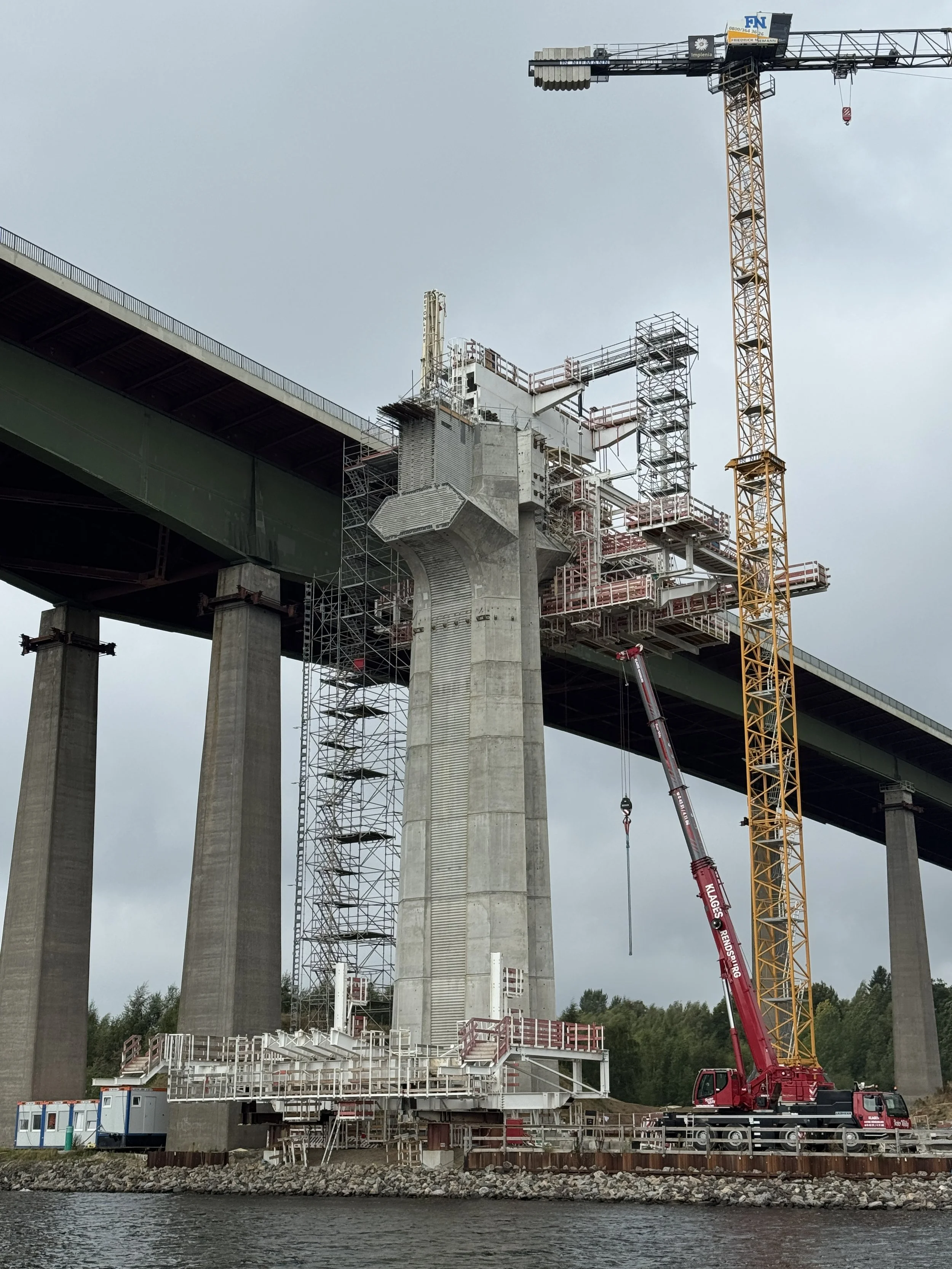

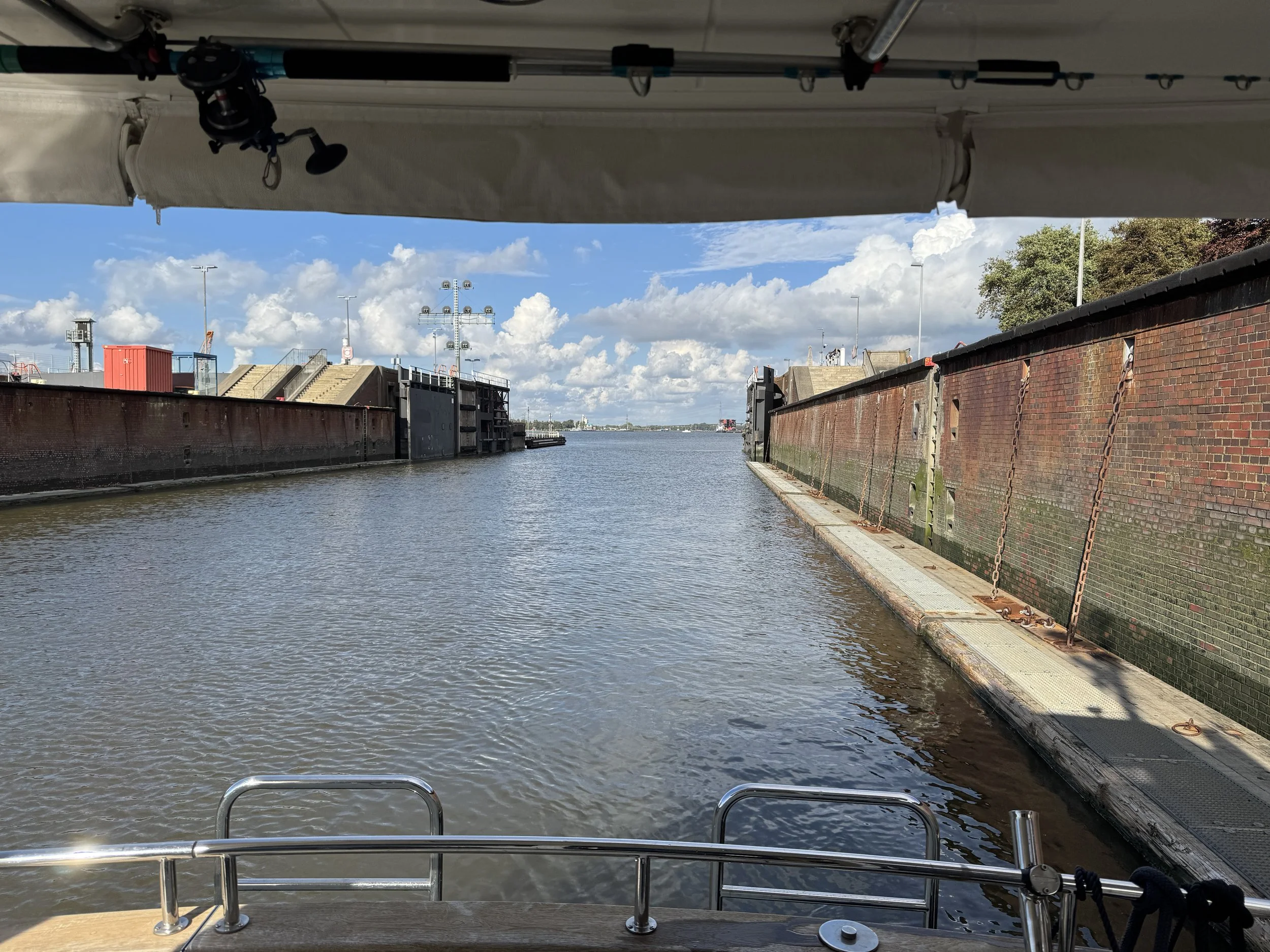

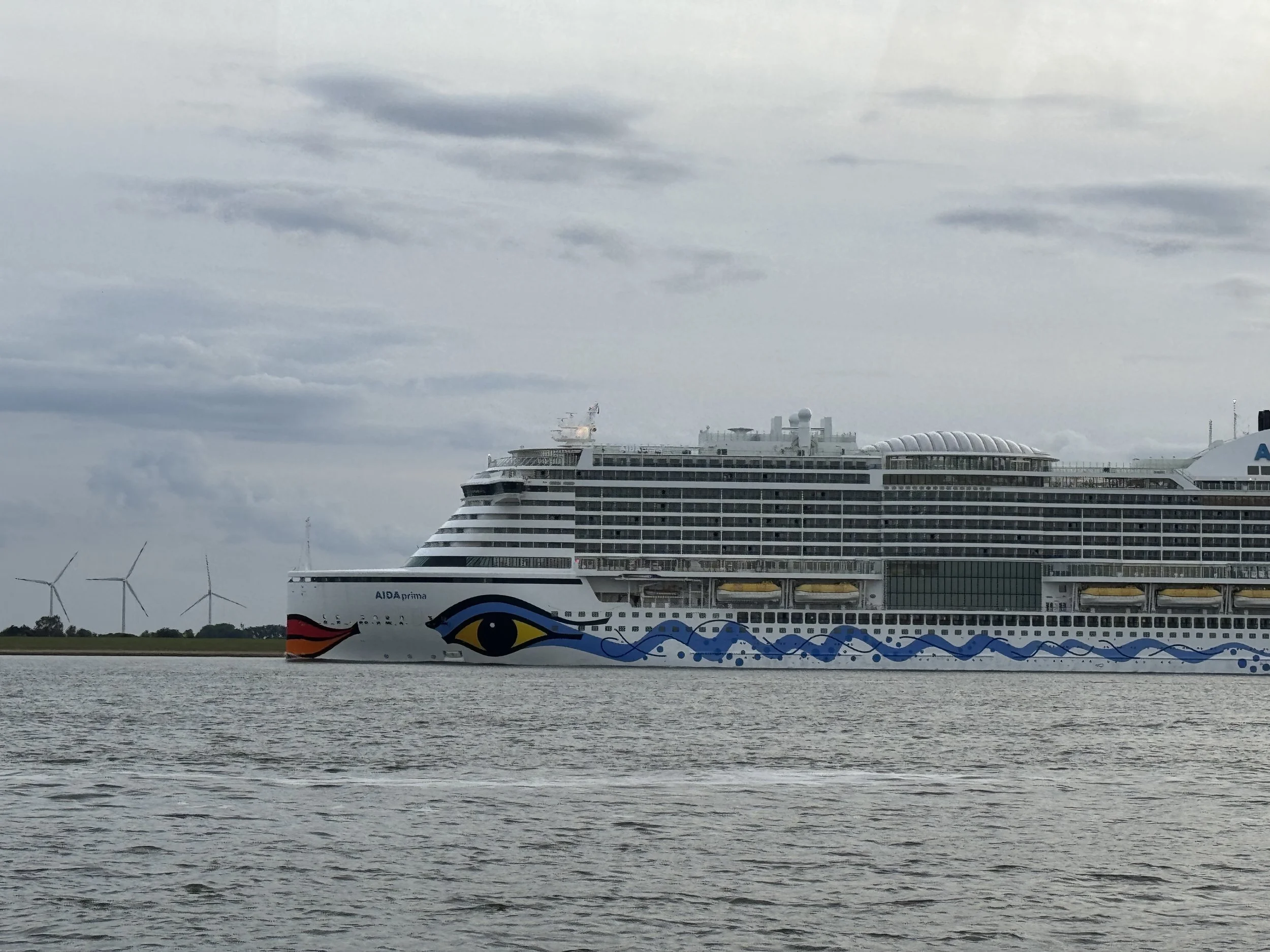

We slept hard and were grateful to be in a safe harbor as by noon the next day the storm broke. Heavy rain and high winds punctuated the next few days which kept us mostly hunkered down and provided time for me to recuperate from some strained intercostal muscles I’d injured a few days prior. We did don our rain gear a few times and ventured out to explore the town.
Cuxhaven is one of the largest fishing ports in Germany and the headquarters of the country’s fish-processing industry. It is also a North Sea beach resort and a base for sailing expeditions to the Frisian Islands. On the mainland opposite these islands, spanning the coast of Netherlands, Germany and Denmark, lies the largest tidal mud flat system in the world, extending over 400km (248 miles). Due to its rich flora and fauna it is a UNESCO World Heritage Site.

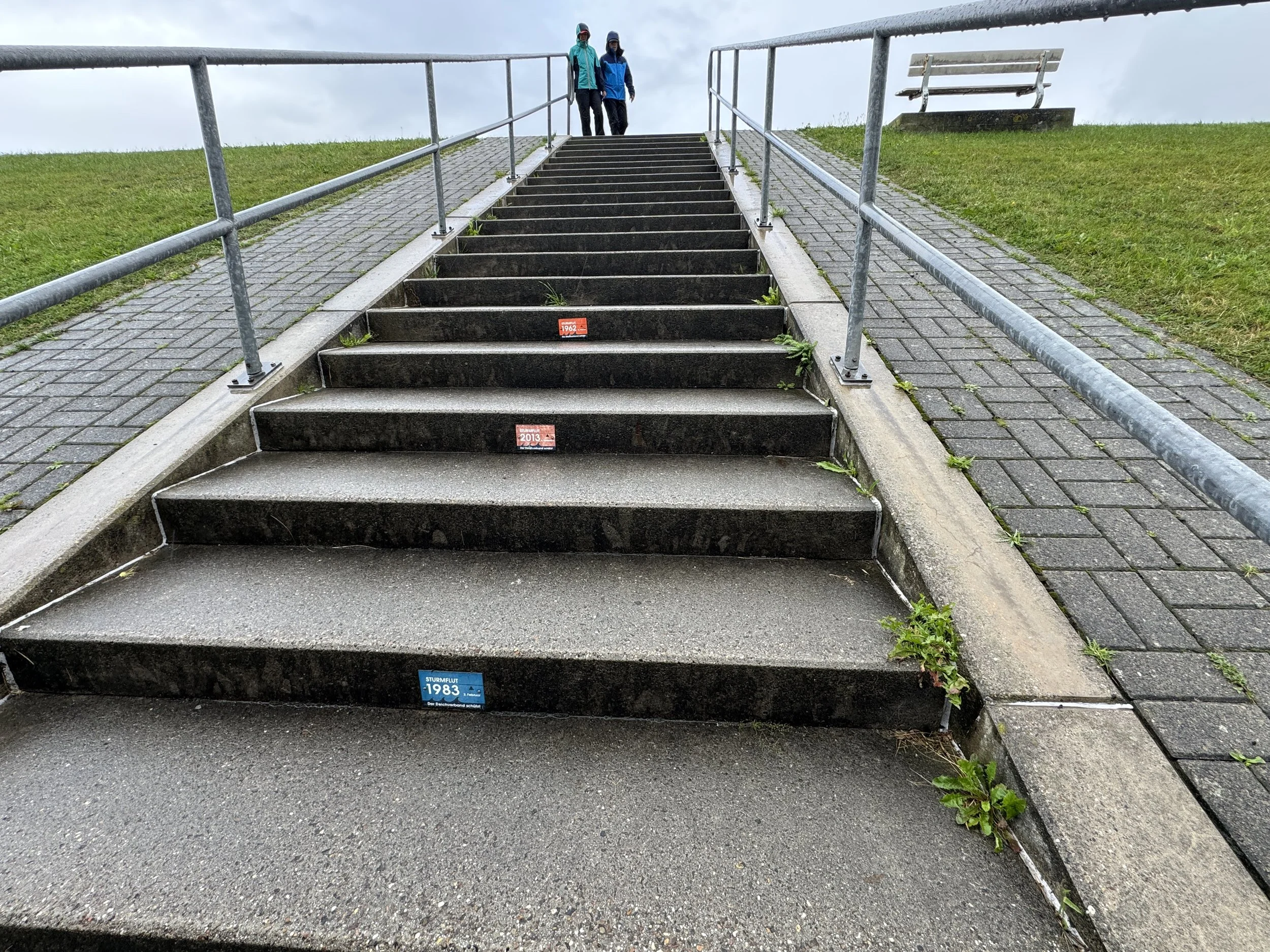
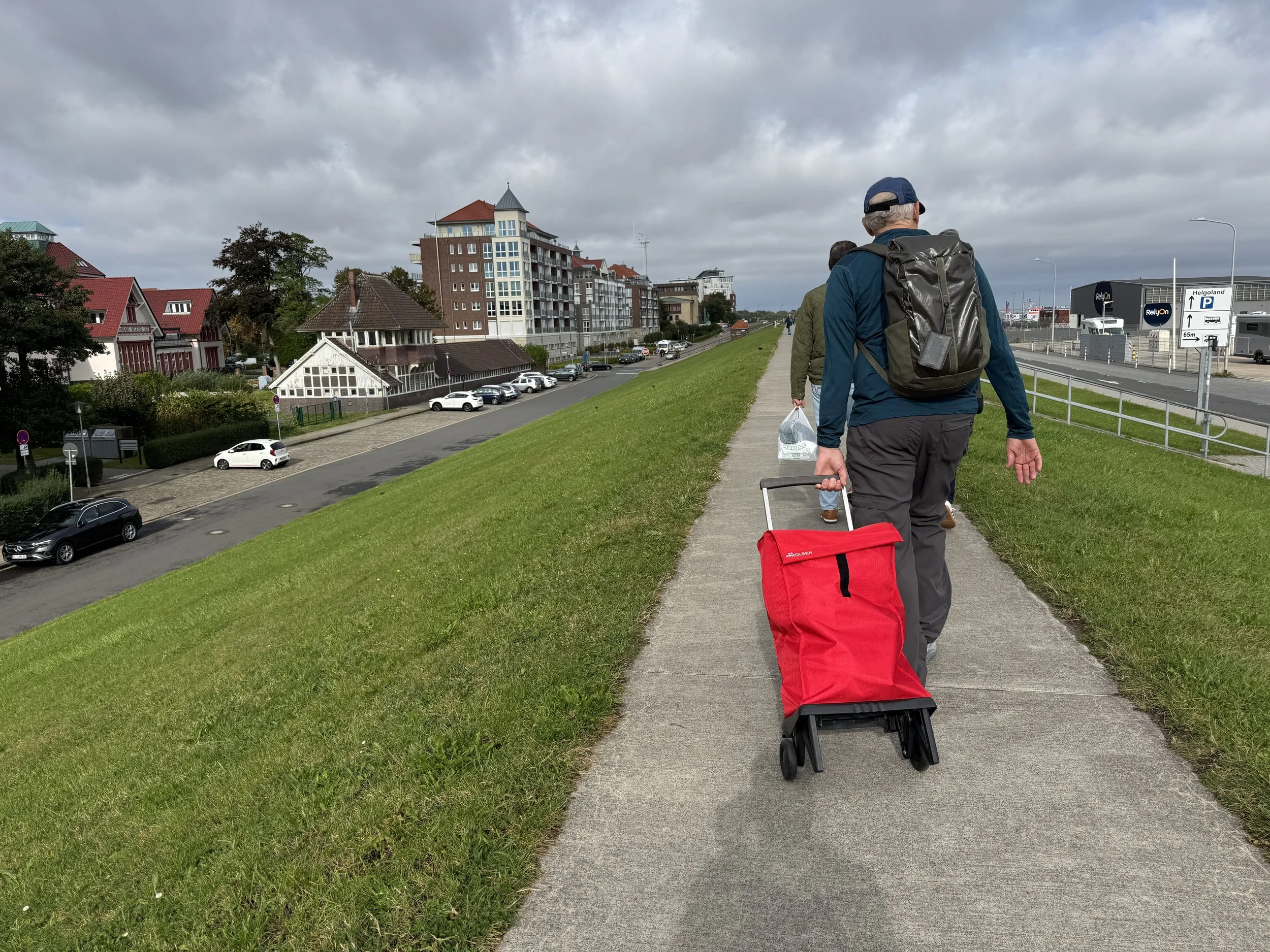

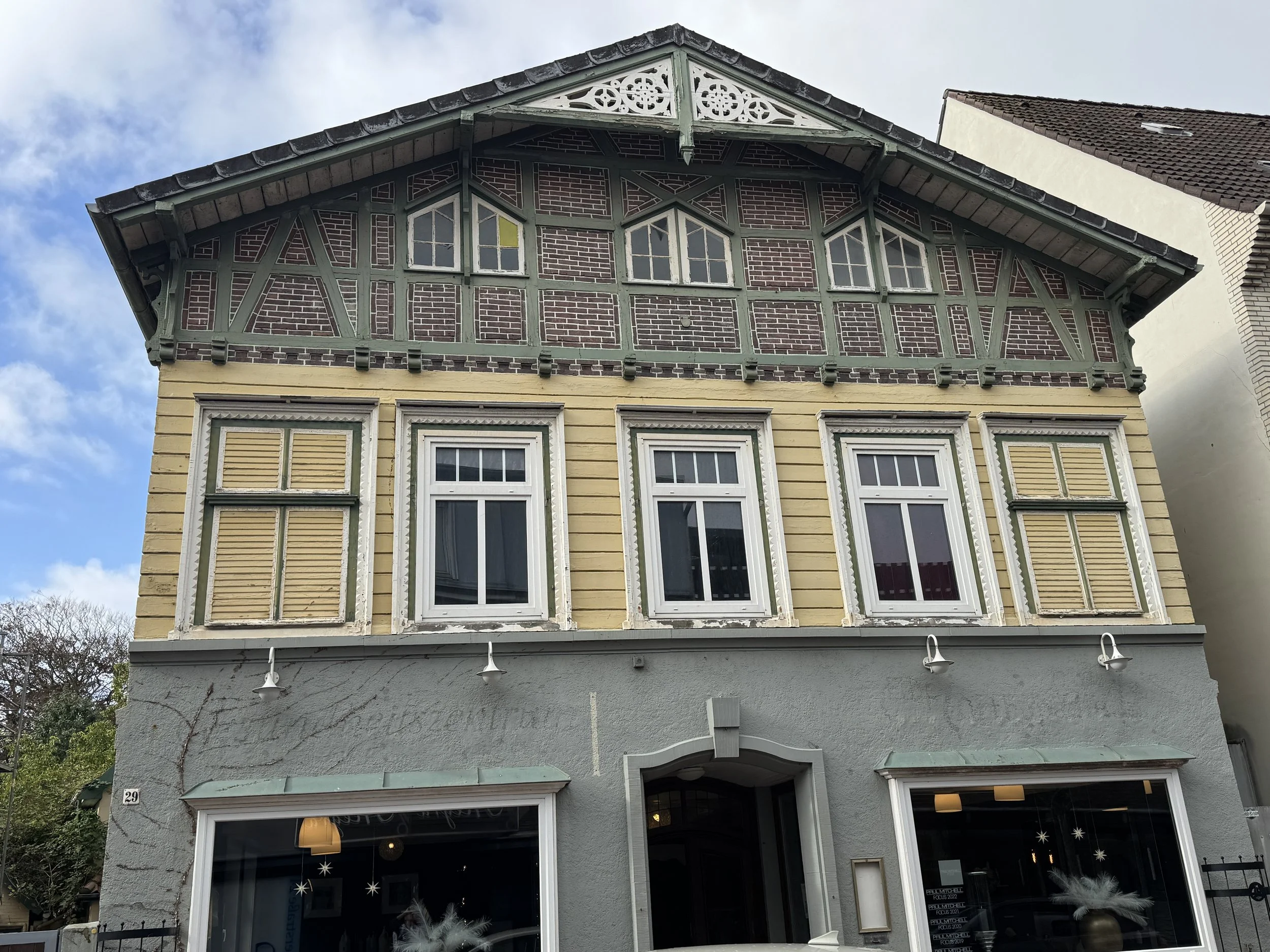

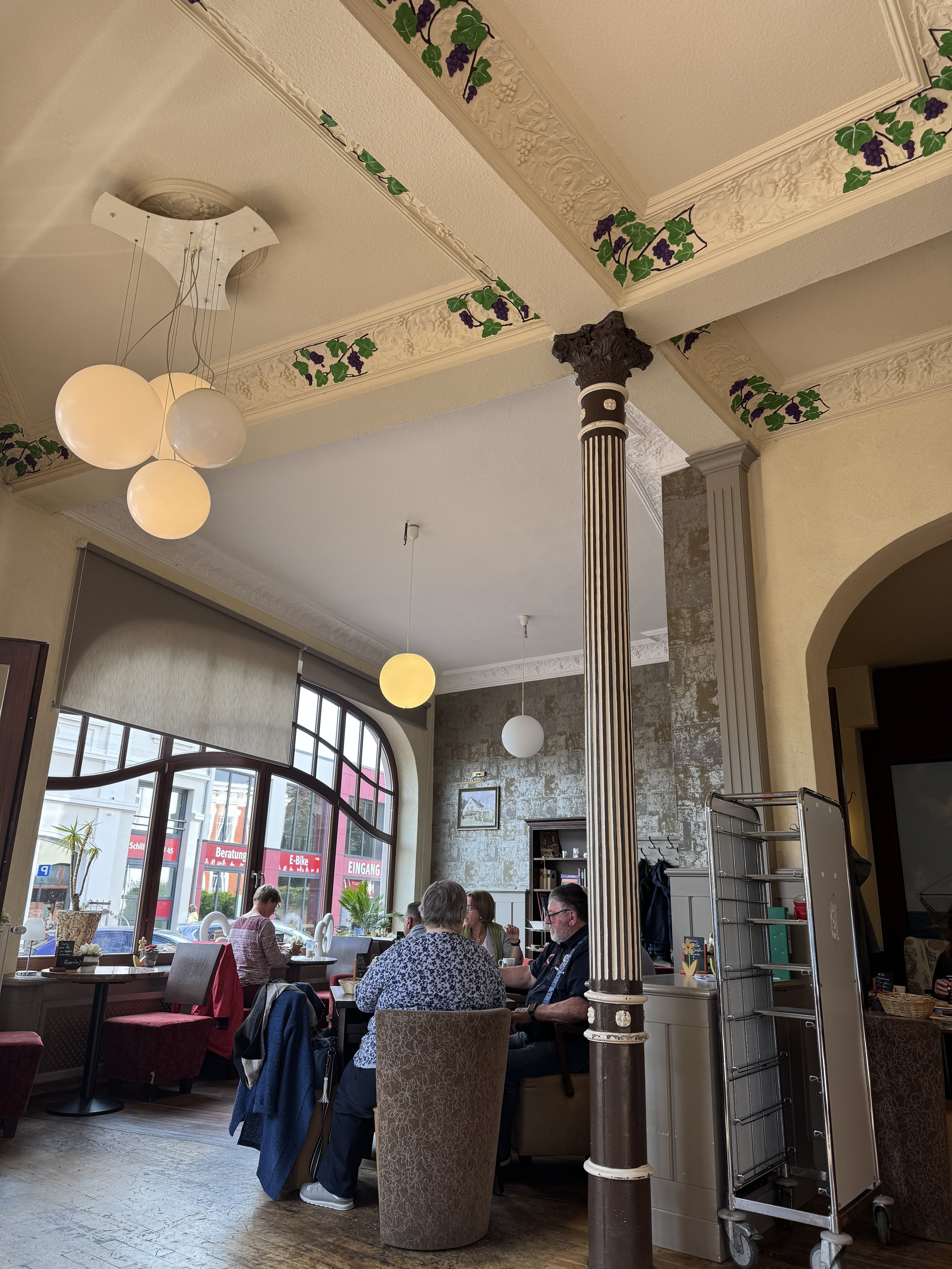
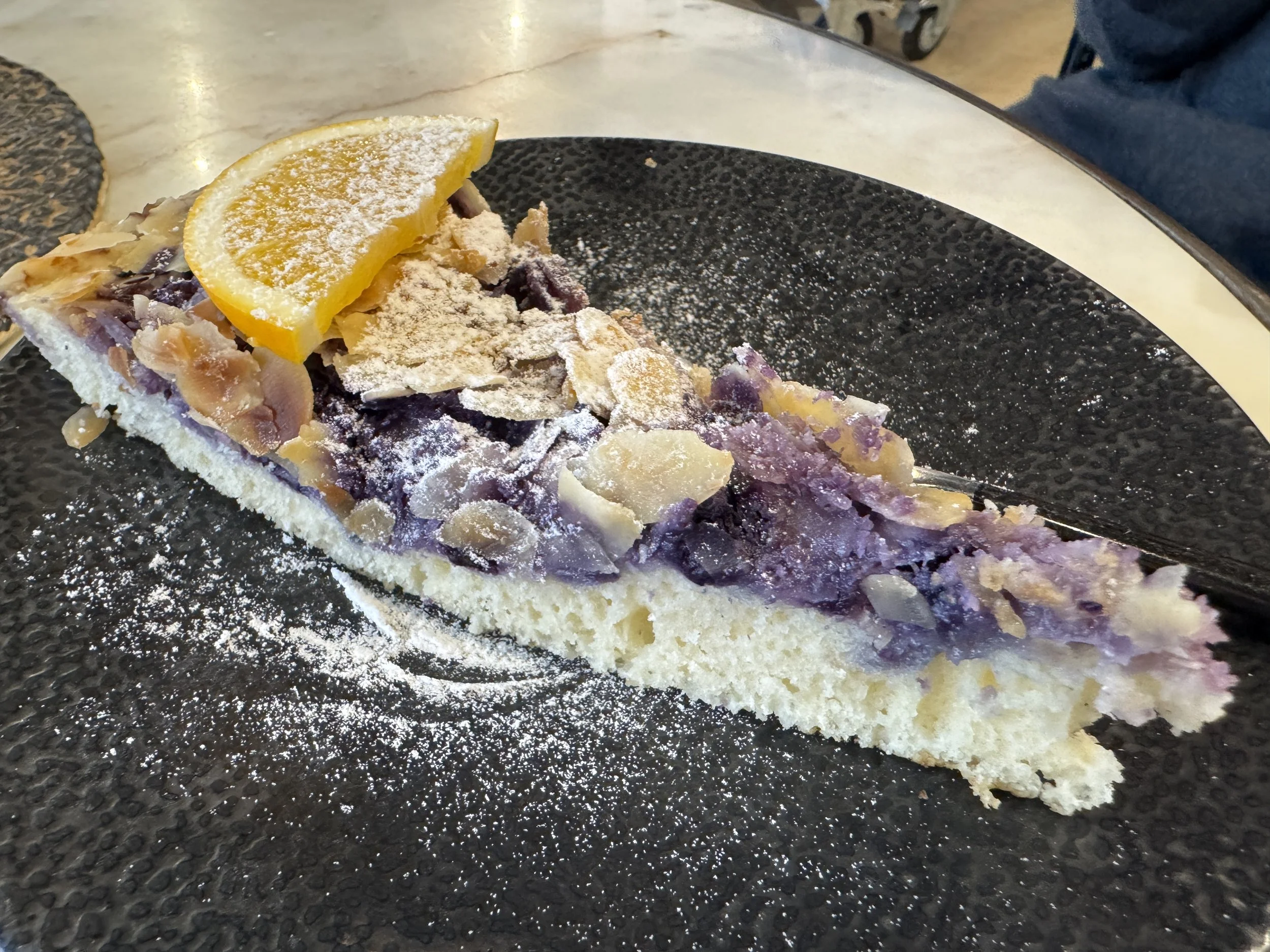
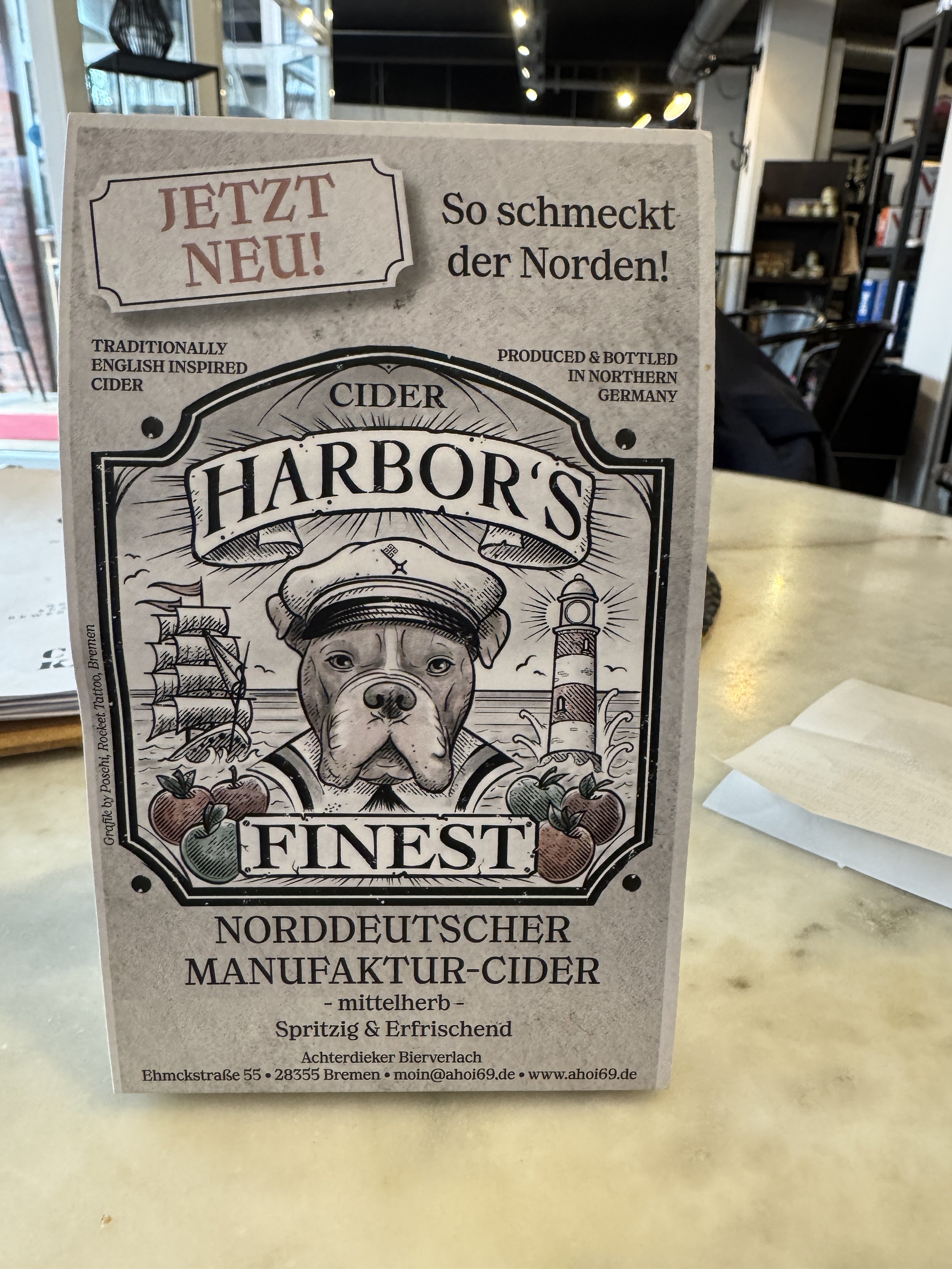
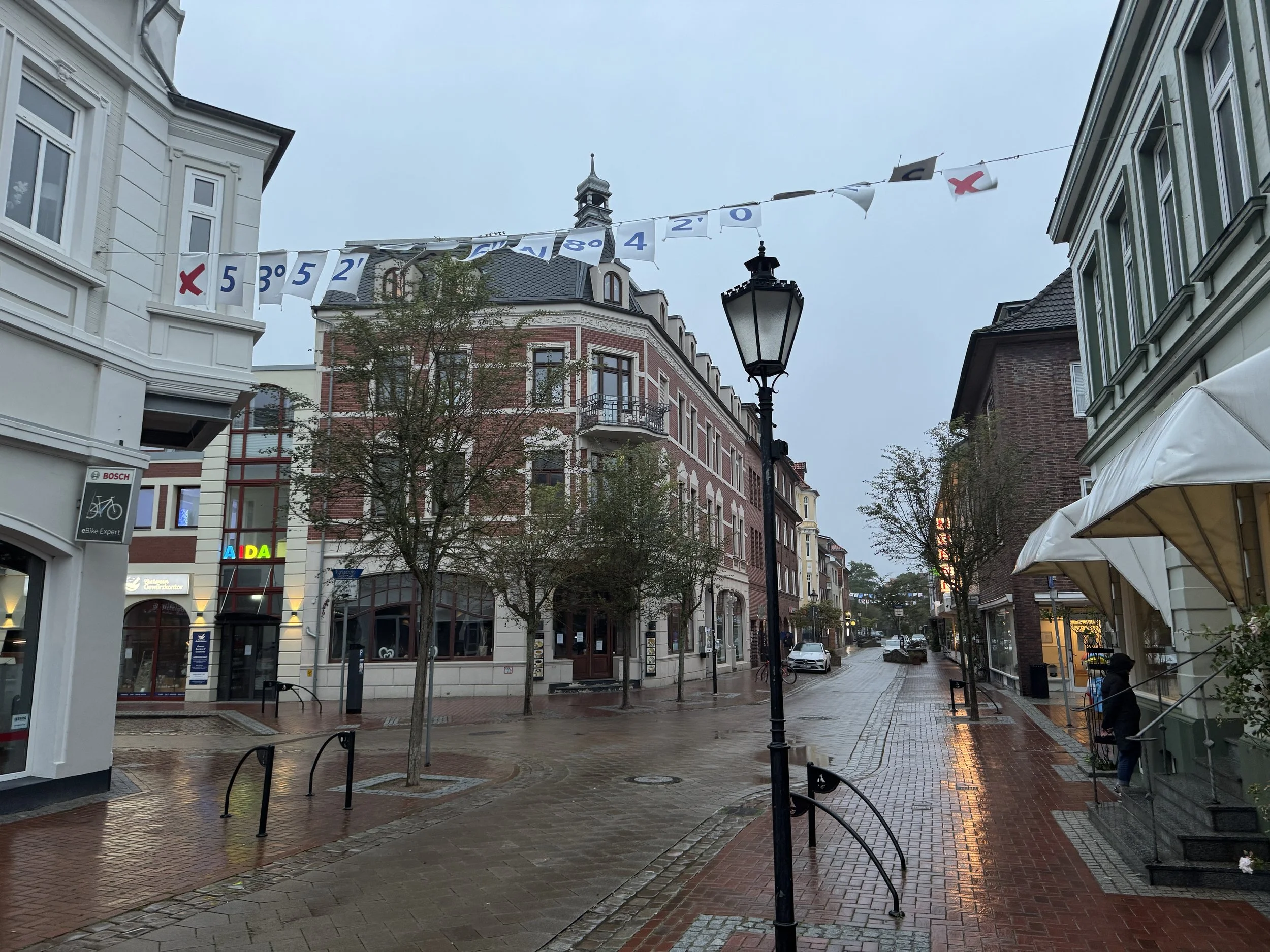

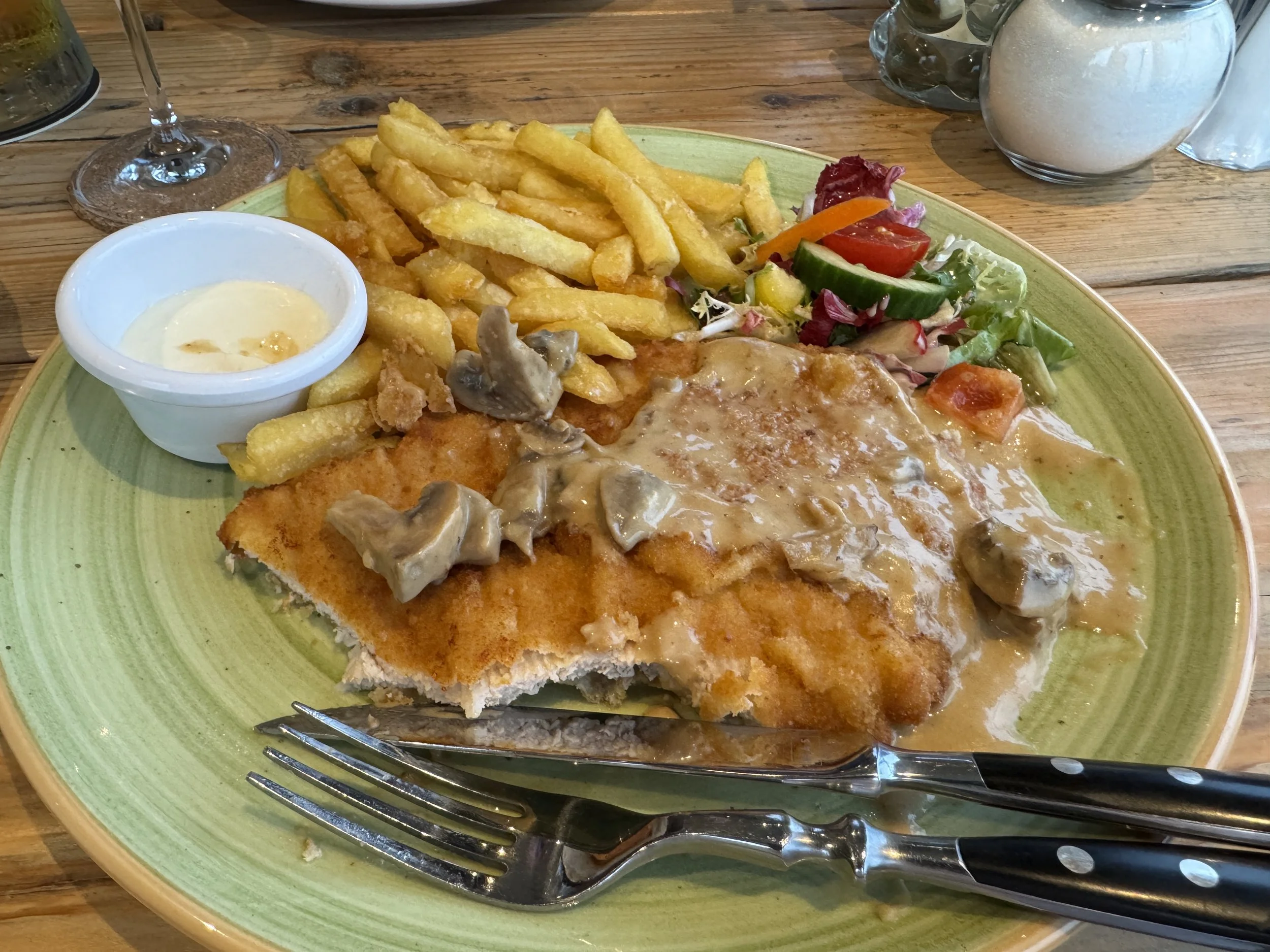
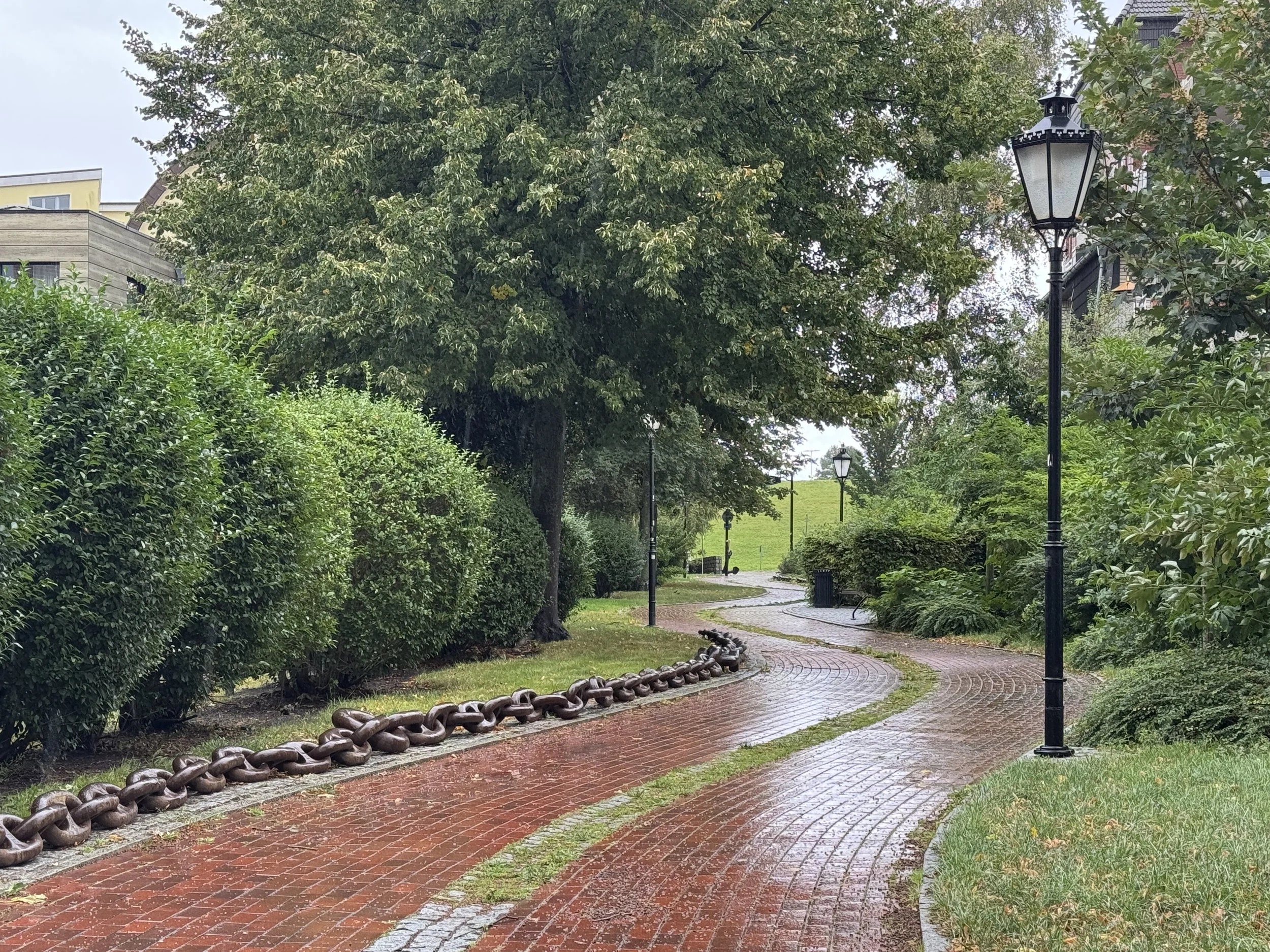
Cuxhaven has a tidal range of 3-4 meters (10-13ft). Depending on the water temperature and the calmness of the North Sea, records from past winters show ice can form in the harbor during severe cold spells. As a result, in early October the marina pulls all their floating pontoons out of the water. Each day we watched the local sailors slowly haul off their gear, steadily lugging their bagged sails up the pier in preparation to be put on the hard for winter. Clearly it is not possible to linger here.
After four days a weather window seemed to appear. Extensive research into reachable safe harbors, timing and departure planning based on wind and waves, comparing sea state conditions from different models, and conservatively calculating our transit time in less than ideal conditions led us to the conclusion that by leaving Cuxhaven between 2pm-6pm, and staying on the north side of the islands away from the shoals, we could lessen the time we would be in rough water and still arrive at the shallow channel entrance leading to Lauwersoog, Netherlands in the daylight. The voyage would take approximately 17 hours - we would leave at 2pm.
I spent the morning baking bread and preparing food that could easily be reheated during the passage. We ran through our departure checklist, determined our watch schedule and headed to the fuel dock around 1pm. Despite translating and following the instructions on the pump, it would not accept our credit card. We tried a different card, and then another, and another. 6 different cards failed, and the machine does not accept cash. I called the harbormaster for assistance but the office is closed weekdays until 4pm.
An arduous decision…
Tom checked the sight tubes on our fuel gauges and calculated our burn rate, including a buffer for lousy conditions. The light on the fuel tanks blinking at us did not bode well with me. I went below and checked the sight tubes myself and calculated the distance we could comfortably transit. It was a hellaciously difficult decision - choosing to depart on an overnight passage with limited fuel and forecasted storms. But we both agreed this was the best option. We did not make this decision lightly and we’d not have made the same choice in different circumstances. Here, our route would be close to shore the entire transit where we had numerous exit strategies at various waypoints, we could abandon the plan at several of the Frisian islands if needed.
We slipped the lines and had just motored outside the harbor entrance when our port engine sputtered and died. Tom tried to restart it without luck so we turned around back into the marina and found an empty berth. It was 2:05pm. Tom went below and discovered that one of the fuel filter levers had been knocked out of alignment during a recent shelf installation. With it readjusted properly we set out a second time - 2:25pm. Again we got outside of the harbor entrance and the port engine quit and would not restart, nothing to do but return to the marina - 3pm. Tom went below and checked the fuel filters. They had looked clean during our pre-departure engine checks, but he decided to change them anyway. With new filters in place we ran the engines at a high idle for 20+ minutes in order to release any air in the system. On a whim I decided to call the Harbormaster again for assistance with the fuel station. He answered his cell phone and offered to help once he arrived at the marina. I met him at the office and described the error message we’d seen at the pump. He explained that the system does not accept American credit cards(?!). I then offered to give him cash in exchange for a charge to his account, but he couldn’t credit cash to the pump and didn’t have a personal credit card with him. He suggested we ask other sailors in the marina, but after explaining the situation to a couple of boaters at the fuel dock we were told they didn’t have time - they too were trying to get ahead of the coming storms. The harbormaster graciously offered us the 15-20 liters of fuel he had in his personal boat, but this would not really help much - we’d planned to purchase 1000 liters.
It was now just after 4pm and we decide to leave once again, hoping the third time’s a charm. It was not. I untied the lines and before we got even halfway down the fairway the engine died and we reversed back to our slip on one engine. Below in the engine room Tom determined that with so little fuel in the tanks and the filters at the top of the engines, the filters would need to be manually primed with fuel. He drained some diesel from the day tank to pour into both fuel filters. It’s now 4:35pm. Our window to depart is growing slim and I’m starting to think we will be remaining in Cuxhaven for at least another week. After priming the filters the engine sounds a bit happier, maybe it’ll be okay…we attempt to leave the marina for the fourth time. I know I sound like a broken record but it too was a no-go. The engine died a short way from the finger pier. We floated over to the fuel dock and tied up once more. The engine did sound a bit better and Tom believed we were okay, we just needed to get all the air out of the system.
With little confidence we exited the marina - the port engine coughing and sputtering, and slowly made our way out of the harbor and alongside the shipping lanes. The river current was with us and we sped along at 10 knots. Just when I was beginning to think we were finally out of the woods, the port engine faltered and died. This time it started right up again, so I took the helm and Tom went below to prime the engine. It’s now 5:00pm. I make a mental decision that without any improvement we can only continue for another half hour. With the current against us in the opposite direction it will take considerably longer to return to the marina and I don’t want to enter after dark.
The spluttering continues but becomes less frequent. We run the engines up to 1800 RPM and they seem to be quite happy (normally we run at 1600 RPM). We continue on out of the mouth of the river. We’re now committed. We are both edgy. Night falls with no hint of a moon. The ships are numerous at the maritime crossroads between the North Sea and the Baltic. It will be hours before we are passed the throng.
Tom takes the first shift at the helm while I heat up dinner. We set up the bunk in the salon where we’ll take turns resting through the night. Thankfully the seas are actually more calm than anticipated. Perhaps this is the upside of departing three hours late. Outside on the aft deck I settle my nerves for the passage ahead, breathing in the night air. I lay down and try to sleep but the radio squawks ceaselessly with all the ship and pilot boat traffic.
Eventually I doze a bit, awaking at midnight to take my turn at the helm. Tom checks the sight tubes in the engine room. When full we can carry 900 gallons (3400 liters). We still have 100 gallons in the tanks and should be burning 2.4 gallons per hour. Satisfied that we are still good on fuel, he crawls onto the salon bunk and instantly falls into a deep sleep.
My vision adjusts to the red lights of the nav screens, continually being drawn to the blinking orange light on the fuel gauges. I have to trust our decision. I step out of the helm door taking in the vastness of the universe, the Milky Way a breathtaking sight sweeping across the black dome overhead. The night is cool and dark and peaceful.
I monitor the radar screen, deviating from our route here and there to avoid the many fishing boats, and careful to avoid looking at the fuel gauges. My watch passes surprisingly quickly and at 4:00am Tom takes over. I finally drift off to sleep, listening to the sounds of the purring engines and waves on the hull. Just after 7:00am the sun rises and I lay still, my eyes closed, satisfied with our decision. I make coffee and we drink together in silence. It will be a few hours before we reach our destination but everything feels possible in the light of day.





